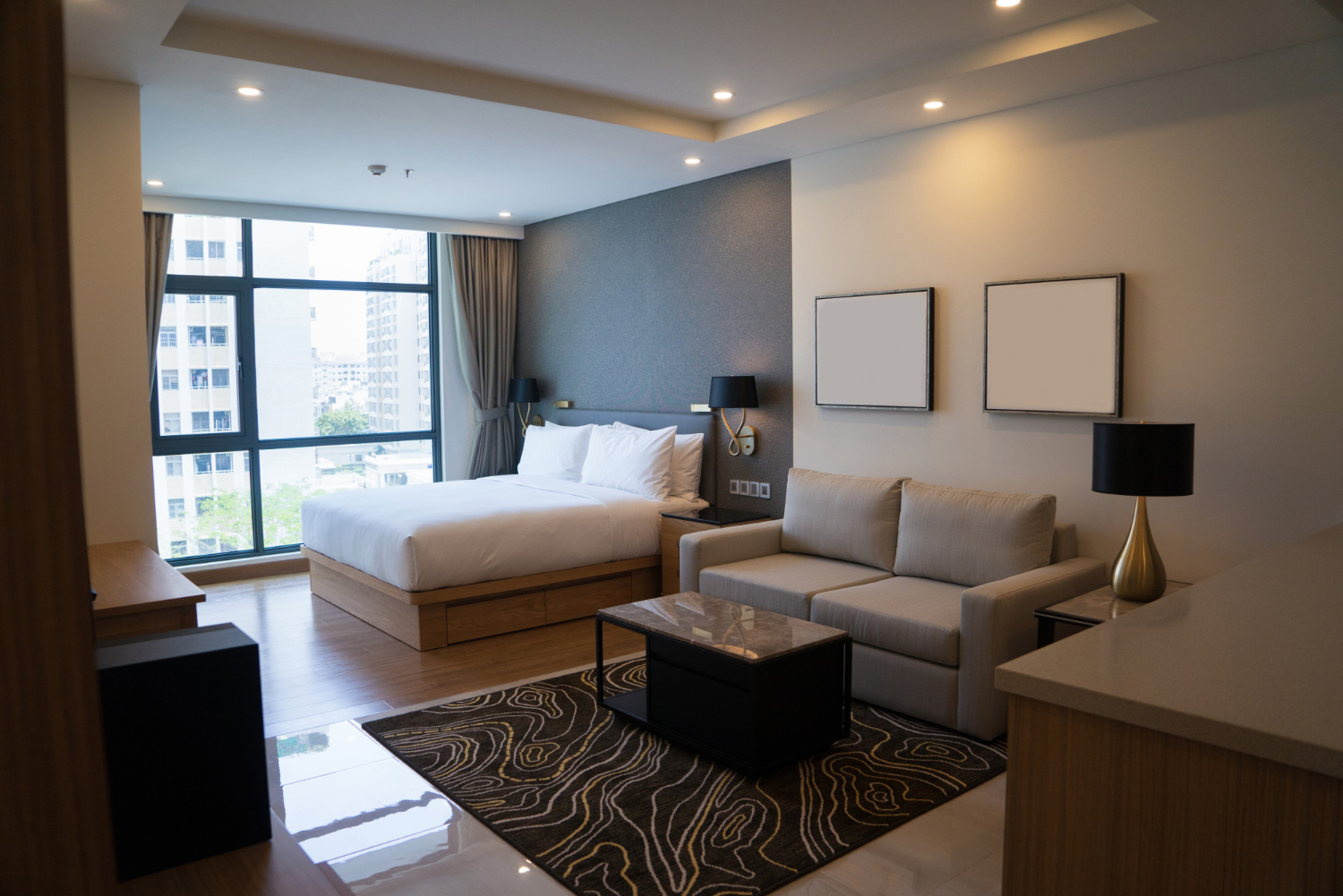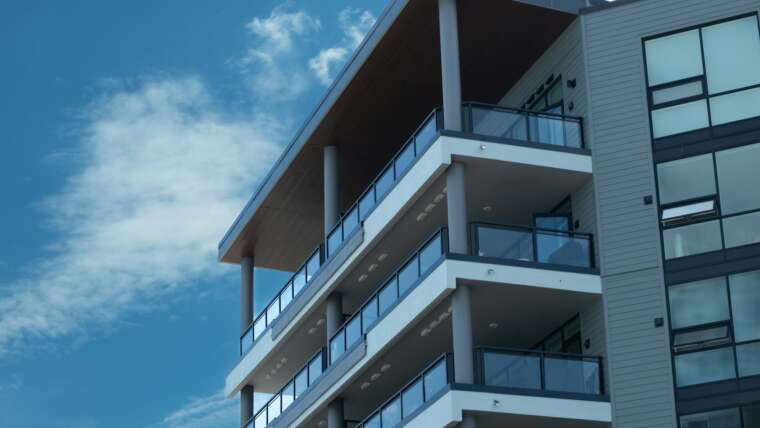
If you’re planning to stay in Thailand for longer than a month-long vacation, you could be weighing up between short-term and long-term rentals. Your decision can be influenced by your plans, lifestyle, and budget. For most people, long term apartment rentals in Phuket offer tropical living with more stability, which is beneficial if you plan to work on the island during your stay. But short-term stays aren’t all that bad either; you just need to understand the pros and cons of either option to make a better decision.
Table of Contents
What makes Phuket’s real estate market attractive?
As one of the more popular islands and tourist destinations in Thailand, Phuket sees an influx of tourists and property investors year in and year out. This shouldn’t come as a surprise since two of its major draws are beautiful beaches and a more pocket-friendly cost of living.
What Phuket’s real estate scene offers:
Understanding Short-Term Rentals in Thailand
Properties that can be rented for less than thirty days are classified as short-term rentals, which are mostly popular with tourists and business travellers. People who want to test out the area before staying for good also rent for shorter periods.
Benefits
Downsides
Understanding Long-Term Rentals in Thailand
Properties available to rent for six months to a year or more are classified as long-term rentals. They’re highly popular among expats, retirees, and digital nomads who plan to live in Thailand for longer periods.
Benefits
Downsides
Deciding between a short-term and long-term rental depends entirely on your needs. If you prefer flexibility over stability, for example, a short-term stay may be a better option for you. If you choose the latter, let the experts at Zest Real Estate help you find the perfect apartment for your extended stay in Phuket.


